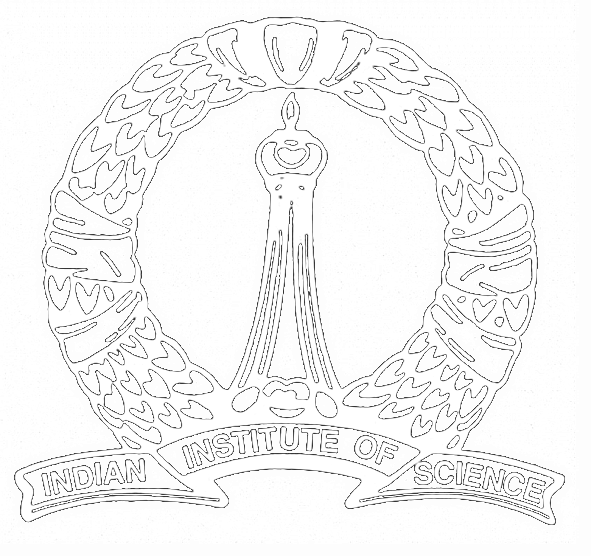PhD Thesis defence
Title: Finite Element Analysis of Dirichlet Boundary Control Problems Governed by Certain PDEs
Speaker: Ramesh Chandra Sau (IISc Mathematics)
Date: 15 December 2021
Time: 10 am
Venue: Microsoft Teams (online)
The study of the optimal control problems governed by partial differential equations(PDEs) have been a significant research area in applied mathematics and its allied areas. The optimal control problem consists of finding a control variable that minimizes a cost functional subject to a PDE. In this talk, I will present finite element analysis of Dirichlet boundary optimal control problems governed by certain PDEs. This talk will be divided into four parts.
In the first part, we discuss the Dirichlet boundary control problem, its physical interpretation, mathematical formulation, and some approaches (numerical) to solve it.
In the second part, we study an energy space-based approach for the Dirichlet boundary optimal control problem governed by the Poisson equation with control constraints. The optimality system results in a simplified Signorini type problem for control which is coupled with boundary value problems for state and co-state variables. We propose a finite element-based numerical method using the linear Lagrange finite element spaces with discrete control constraints at the Lagrange nodes. We present the analysis for $L^2$ cost functional, but this analysis can also be extended to the gradient cost functional problem. A priori error estimates of optimal order in the energy norm are derived up to the regularity of the solution.
In the third part, we discuss the Dirichlet boundary optimal control problem governed by the Stokes equation. We develop a finite element discretization by using $\mathbf{P}_1$ elements (in the fine mesh) for the velocity and control variable and $P_0$ elements (in the coarse mesh) for the pressure variable. We present a posteriori error estimators for the error in the state, co-state, and control variables. As a continuation of the second part, we extend our ideas to the linear parabolic equation in the last part of the presentation. The space discretization of the state and co-state variables is done using usual conforming finite elements, whereas the time discretization is based on discontinuous Galerkin methods. We use $H^1$-conforming 3D finite elements for the control variable. We present the error estimates of state, adjoint state, and control.
- All seminars.
- Seminars for 2021
